Spring Festival Flashback Posted by sasha on Feb 17, 2021 in Culture
As we enter another Year of the Ox (牛年 – niú nián), I can’t help but think back on the last one. The last go-around on the Chinese zodiac (生肖 – shēng xiào) was an interesting time for me. It was my first year living in China and I just so happen to have been born in the Year of the Ox (’85). I spent the next few Spring Festivals outside of China until 2015 when I celebrated the holiday in a friend’s village in rural Yunnan province (云南省 – yún nán shěng). In this post I’ll reflect on those experiences in a little Spring Festival flashback.
The Year of the Ox in Nanjing
Way back in 2009, I celebrated my first Spring Festival (春节 – chūn jié) in China. At the time, I was still a total newb – I ‘d only been in the country a few months, I barely spoke the language, and I knew very little about the Chinese New Year. With only a few days off of work – I was teaching in a Korean school at the time and thus had a short holiday – a friend and I decided to head to Nanjing (南京 – nán jīng) when we found cheap flights. You know, because nothing screams “Happy New Year” like a visit to the Nanjing Massacre Museum!
On New Year’s Eve (除夕 – chú xì), we headed out of our hostel in search of dinner. It didn’t take long for us to realize that literally everything was closed down. Defeated, we bought some nasty junk food snacks and headed back. When the folks running the hostel realized we were going to go hungry that night, they invited us to join them for their New Year’s dinner.
We enjoyed a family style meal together, and clinked glasses plenty of times to celebrate the coming Year of the Ox. It was my first time celebrating the Spring Festival, and it was also my year. In all my years in China, the hospitality of those guys on that night stands out in my memory. The party continued into the wee hours of the morning, as we watched fireworks go off everywhere and hit up a night club to dance with a bull. It was a great introduction to the most important holiday in China, and it probably has something to do with why I stayed there for so many years.
CNY in the Mountains of Yunnan
Believe it or not, that was also the last time I actually rang in the Chinese New Year in China until 2015. In 2010, I was back in the States applying for a new visa in Chicago (芝加哥 – zhī jiā gē) and gearing up for my return to the Middle Kingdom. In 2011, we escaped cold and polluted Beijing for a month in Thailand and Laos. The next year, we went all the way to Mexico to see the Mayan ruins and go to a music festival. 2013 brought us to the Philippines for another vacation, and in 2014 we were in the middle of a huge backpacking trip around SE Asia.
When we decided to move to Bali, it dawned on me that 2015 could be our last chance to have a Chinese Chinese New Year. After getting in touch with some friends of friends, the plan was hatched to head to a small mountainside village in Honghe (红河州 – hóng hé zhōu). Here are some highlights and reflections from our stay in the tiny village of Xiaohe (小河村 – xiǎo hé cūn).
Natural Beauty
Having spent most of my time in China living in Beijing and traveling to other large cities, it was a bit of culture shock arriving in village nestled on the side of a mountain. Xiaohe is surrounded by banana and sugar cane trees, and a river runs just outside of the village. A short hike took us to a viewpoint where we could see the entire village with the mountain in the background. Our friend explained that there are other villages on the sides of all the surrounding mountains, but that it would take 4-5 hours to drive to them.
These isolated locations in the mountains of rural Yunnan are absolutely stunning, and it was great to breathe in the fresh air and hear the sounds of birds rather than car horns. Most Chinese are fleeing the countryside in favor of the big cities, which makes sense economically, but people are definitely sacrificing a lot in terms of environment and surroundings by making such a move.
Out with the Old, In with the New
Even way out there in rural China, there’s a rush to modernize. Our friend’s family had been living in this old brick and mud house since the 60’s, but they were planning on knocking it down in favor of a more modern home that year. While it’s sad to see the traditional dwellings and way of life slowly disappearing from Chinese villages, it’s easy to understand why they’d want to make a change – they had no running water or indoor plumbing when we visited. It ended up being the last New Year they celebrated in their old home, so we’re happy to have joined in the festivities.
Eat, Drink, and Be Merry
Just as Americans do every year on Thanksgiving, Chinese rush home to be with their families for a feast. This is known as the New Year’s dinner (年夜饭 – nián yè fàn), and it’s usually a meal of epic proportions. Out in the village, where you can’t exactly drop by the supermarket to pick up a turkey, pigs are slaughtered for the occasion. Nothing is wasted at all – the feet, internal organs, and blood are all included in the smorgasbord.
In addition to the many varieties of pork and pork-related dishes, many families also cook a fish. This is because the saying “Have fish every year” (年年有鱼 – nián nián yǒu yú) sounds like “Have extra every year” (年年有余 – nián nián yǒu yú). Having fish (鱼) ensures you will have everything in abundance (余) in the New Year.
Vegetarians will find the New Year’s dinner a bit rough, as there’s far more meat and fish than vegetables. For guys, there’s also plenty of Chinese liquor (白酒 – bái jiǔ) and cigarettes. Even though I don’t smoke, I was not able to escape without lighting a few up.
On the first day of the New Year, our friend told us to get ready to go begin the day’s visits and meals. In a common theme throughout the trip, whenever we asked him where we were going, he just said “Nearby” (旁边 – páng biān). In the village, every place is pang bian. Over the course of the day, we visited five different households – each with a table full of food and booze waiting for us. Whereas many people in the West attempt to start a diet in the New Year, the Chinese Spring Festival is all about eating and drinking in excess. It wasn’t long ago that millions starved in the Chinese countryside, so people pig out as if there might be nothing left tomorrow.
Ladies Here, Guys There
Gender roles are still very defined out in a Chinese village, and in our two days we rarely saw men and women together (with the exception of my wife being with our group). All of the cooking and cleaning was done by the ladies, while the men spent a majority of the day smoking, drinking, and playing cards. It wasn’t all bad for the gals, though – there was one card game going on for them and the square came alive with music and dancing at night.
A Warm Welcome
We were fortunate in that our friend had already brought some foreign buddies to his village a few years prior. As such, no one seemed that surprised at our arrival; rather, we were given a warm welcome and treated more like old pals than strange foreigners. Anyone who has lived or traveled in China knows how tough it can be as a 老外, so it was great to be accepted into the village to join in the New Year festivities.
Cute Babies and Traditional Clothing
In our two days in the village, I loved taking photos of the women in their traditional Dai ethnic minority (傣族 – dǎi zú) clothing with their adorable little babies. They loved looking at the pictures after the fact, and I hope to somehow print and send them a few copies one day. Traveling in Yunnan, you’ll also realize that many ladies have a colorful baby backpack in which to carry their Little Emperor or Empress.
Mao and Bush
It’s never surprising to see portraits of Chairman Mao (毛主席 – máo zhǔ xí) in the homes of Chinese people, especially in the countryside. What is surprising, however, is seeing former US President George W. Bush – known as “Little Bush” (小布什 – xiǎo bù shí) in Chinese – in an advertisement for Chinese fertilizer. One of our friend’s neighbors sells this stuff, and he has the banner ad hanging all over his house. I wonder how many times the Chinese guy in that photo has shown it off to others.
Ring in the New Year with a Bang
When he was growing up in the village, our friend said the most they would have in terms of fireworks were little sparklers or maybe a handful of firecrackers. Oh how times have changed in the village! Many local guys have hit it big managing mines in the area, and Spring Festival is a time to show off that newfound wealth with a 4th of July-esque display of fireworks (烟花 – yān huā). Starting at about 8PM and continuing well into the night, the sky all around the village was illuminated with an impressive display of all types of fireworks.
Incredible Generosity
Although we had only met him once – briefly in 2011 – our friend and his family welcomed us into their home for two nights to join them in celebrating their most important holiday. They fed us a ridiculous amount of amazing home-cooked food, filled our glasses every time they were empty, let us join in the fun and games at night, and then helped us get back to the main road to hitch a ride back to town. I joked around with them that they should come celebrate Christmas at my house one year, but I really do wish I could repay them with such a gathering some day. Chances are it will never happen, but I’ll always have the memories of this experience celebrating Spring Festival in Xiaohe.
It’s now been 6 years since that trip to our friend’s village, so my wife and I recently sat down to look back on it. I put this little video together to show what the experience was like if you’d like to see:

Build vocabulary, practice pronunciation, and more with Transparent Language Online. Available anytime, anywhere, on any device.



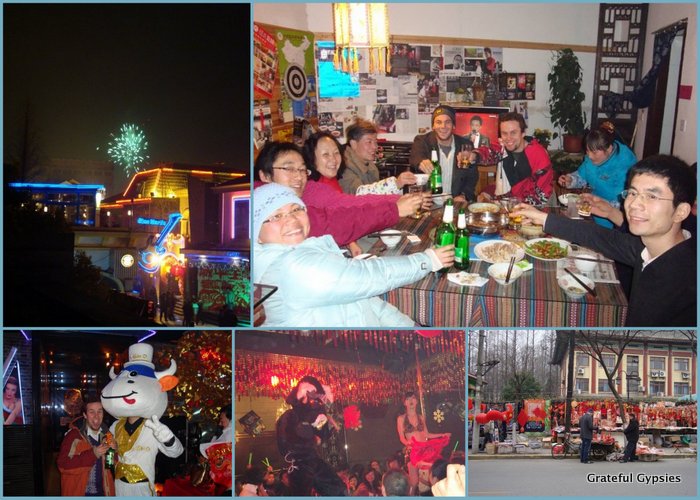

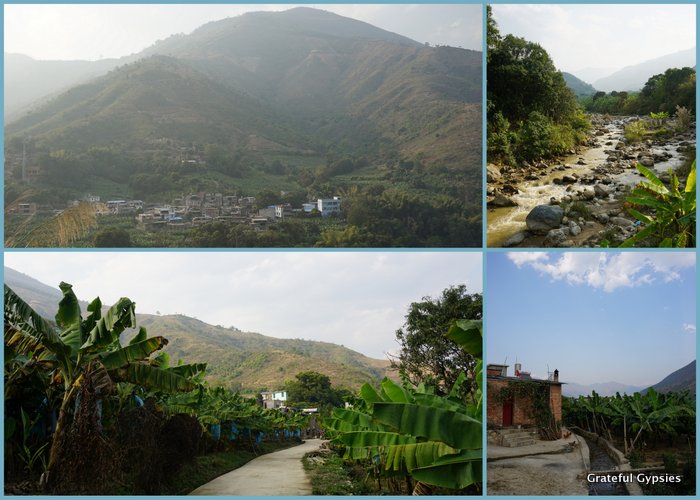

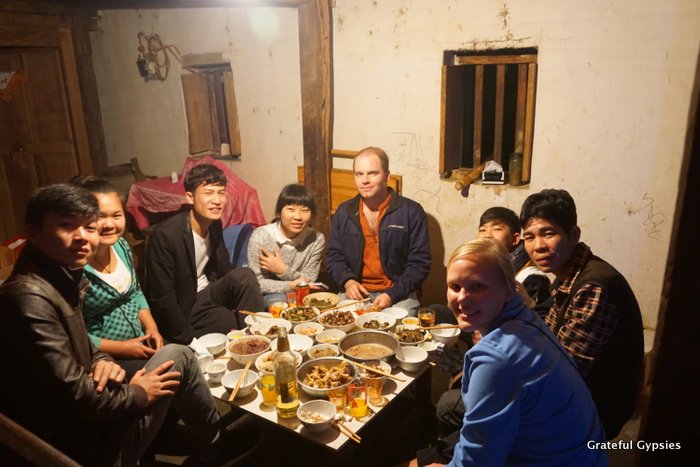

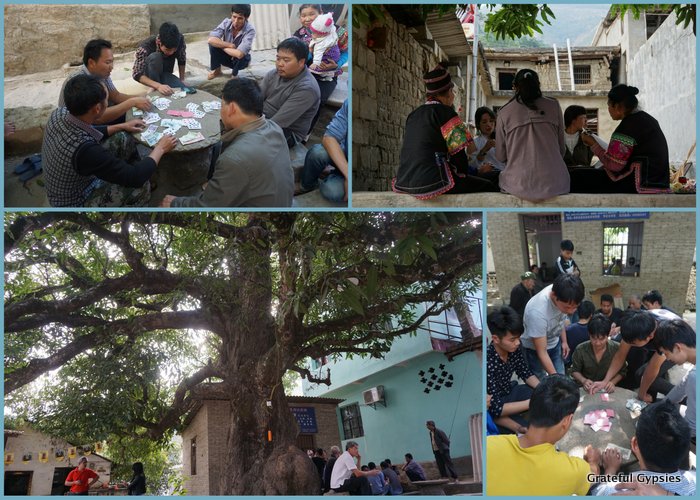
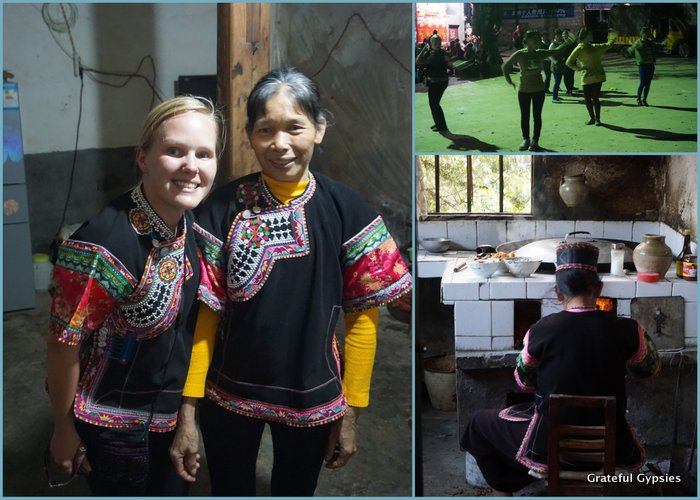
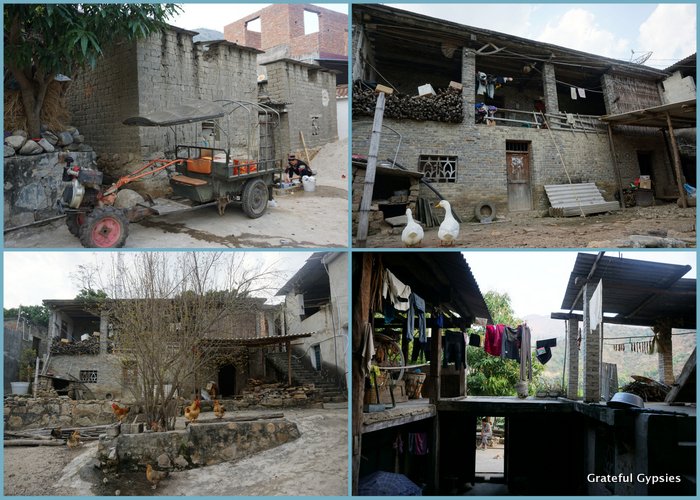
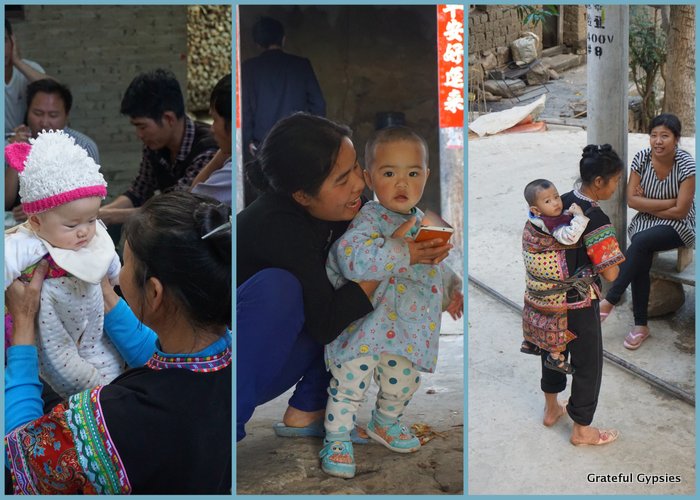
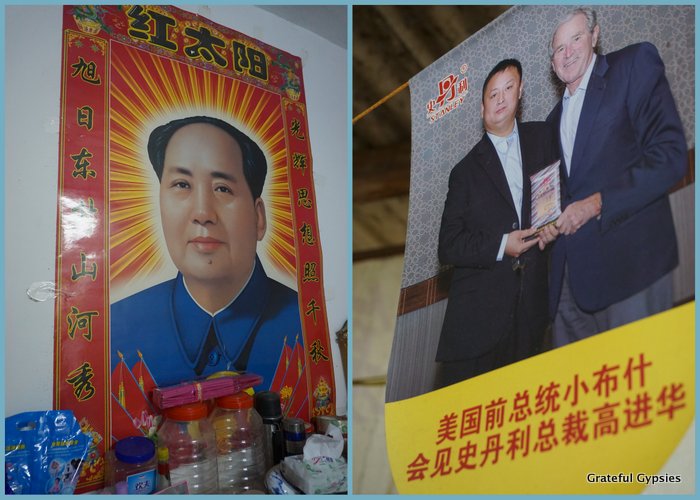
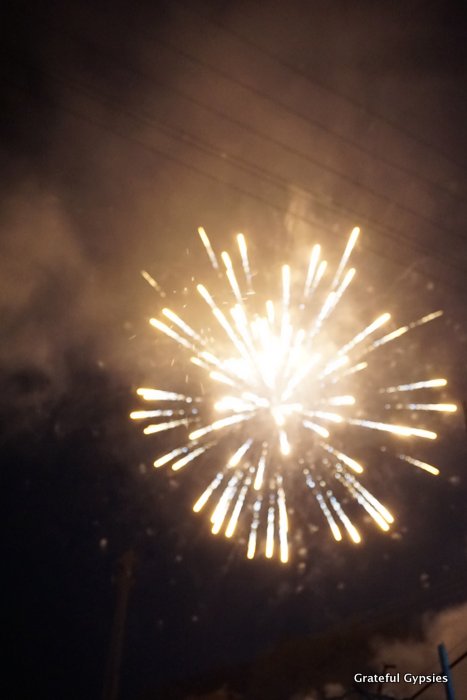

Leave a comment: